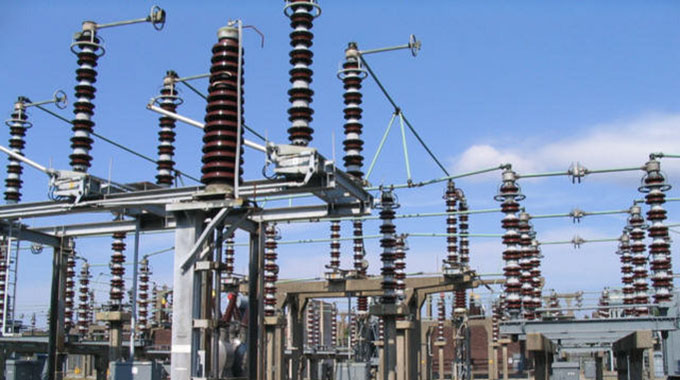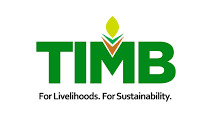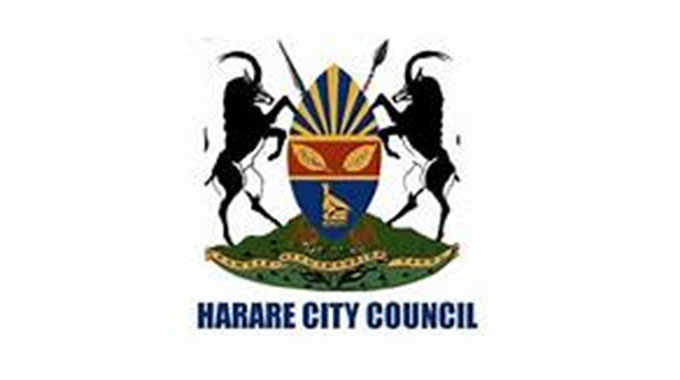ZESA engages stakeholders

Precious Manomano Herald Reporter
Zesa Holdings has embarked on a stakeholder engagement exercise to enhance power supply and distribution across the country.
This will allow the company to get closer to customers and understand issues affecting them as well as inform them of their short to long term interventions to mitigate challenges faced by the consumers.
The company will also take the opportunity to update and conduct awareness programmes to address pertinent issues affecting stakeholders especially in rural areas.
Zesa is one of the key strategic institutions in ensuring the country achieves vision 2030. This has to be done through supplying adequate electricity to key economic drivers that include mining, agriculture, industry and commerce as well as the manufacturing sector.
ZETDC Commercial Director Engineer Ralph Katsande said the engagement was meant to hear challenges faced by people in various communities.
“As ZESA we have embarked on nationwide outreach to our consumers and key stakeholders, we interact with our customers and getting to know them better and educate them on existing issues. As you are aware power supply is a key enabler for vision 2030. Electricity is critical to reach that vision. We are in the winter season where the consumption of electricity peaks mainly due to winter demands such as winter wheat and water heating and we now see this peak mainly due to the loading post by winter wheat irrigation,” he said.
Eng Katsande said electricity demand has risen to about 1850 megawatts this winter while in summer it was averaging around 1650 megawatts.
He also said various interventions are implemented to ensure that load shedding is reduced.
“We have got a number of interventions to augment internal generation, we are looking at getting imports from Mozambique and Zambia to increase power supply and by the end of this year we will see commissioning of the first unit at Hwange that will create 300 megawatt, that will go a long way in reducing load shedding,” he said.
Eng Katsande said it is critical for stakeholders to pay their bills to ensure that the organisation operates well and provides services.
Meanwhile, ZESA Holdings has been losing over US$9 million annually due to vandalism and theft of its infrastructure, but the adoption of drone technology is expected to curb this practice.
The organisation can now do environmental impact assessments in the delivery of power projects, technical loss identification, disaster management, asset monitoring and management, network maintenance, situational awareness and short range surveillance, among others.










Comments